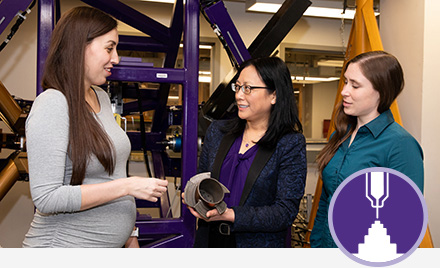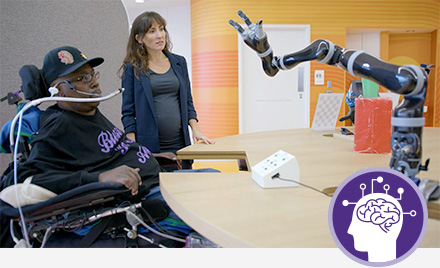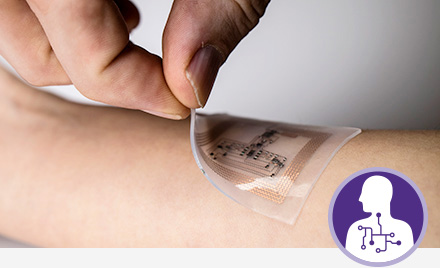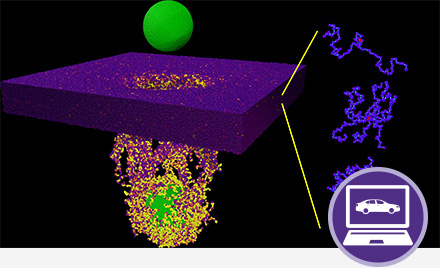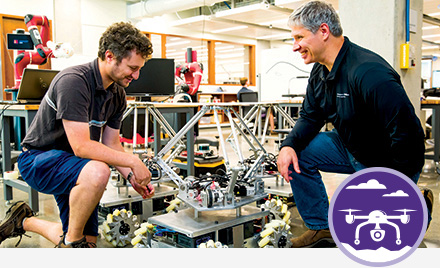AI Produces Shape-Morphing Materials in Minutes
A research team with Professors Wei Chen and Ryan Truby harnessed physics, computation, and 3D printing to autonomously produce materials that change shape on demand.
Northwestern Engineering News
Addressing current and future societal needs through strategic research initiatives
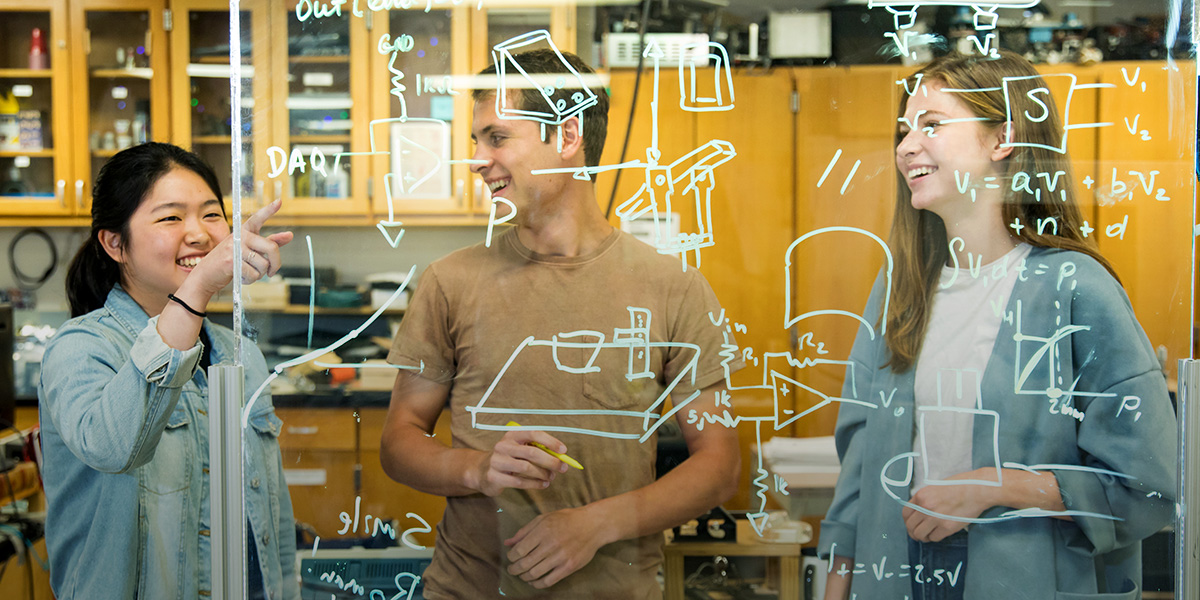
A research team with Professors Wei Chen and Ryan Truby harnessed physics, computation, and 3D printing to autonomously produce materials that change shape on demand.
Northwestern Engineering News
The bioinspired artificial muscles developed by Professor Ryan Truby enable robotic limbs to push, lift, and kick.
Northwestern Engineering News
The new non-toxic material developed by Adjunct Professor Timothy Wei is water- and oil-resistant, sustainable, and affordable.
Northwestern Engineering News
A new study by Professor Tao Sun tracks the evolution of crystallographic defects in real time during metal additive manufacturing.
Northwestern Engineering News
Building on traditional disciplines to expand research boundaries with cross-disciplinary work
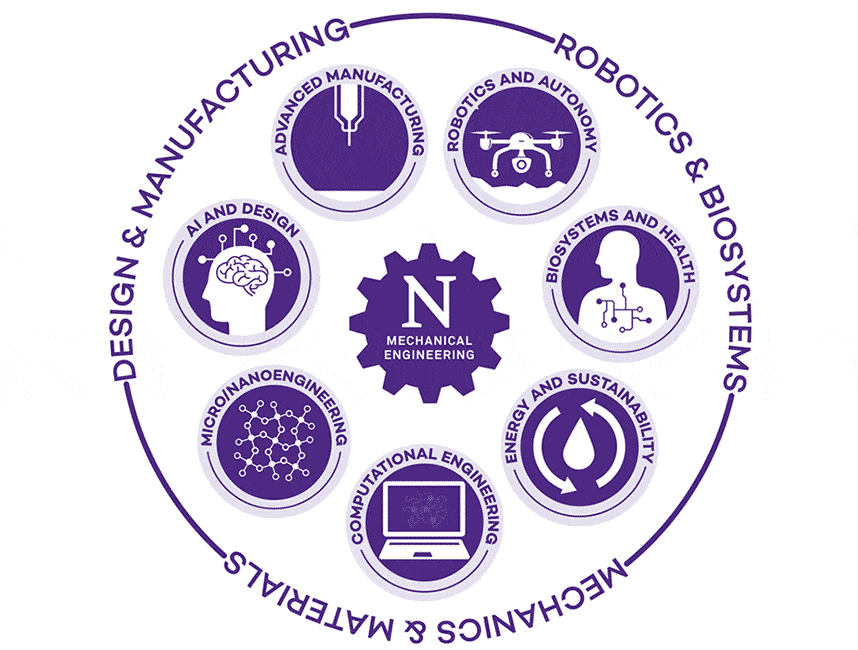
Our faculty's research falls broadly into three core disciplines: Design and Manufacturing, Mechanics and Materials, and Robotics and Biosystems — key strengths in the mechanical engineering field that allow us to design modern solutions to engineering challenges, both current and future.
We teach and research across these core disciplines as well as across departmental lines. This strong tradition of interdisciplinary work creates tremendous opportunities for undergraduate and graduate students to engage in novel, independent research at the frontiers of science and engineering.
Our interdisciplinary cross-cutting areas each draw on the strengths and expertise of faculty members from all core disciplines in the department and provide a nexus of outstanding innovative courses and research projects.
View our faculty research matrix to explore how faculty are organized according to our core disciplines and cross-cutting research areas.
Innovating manufacturing processes, equipment, controls, predictive capabilities, and connectivity for enhanced productivity, precision, and sustainability
Developing human-centered, physics-based, and AI-enabled design methods for creating engineering products and systems that address societal challenges
Advancing basic and translational research to address critical healthcare issues and answer fundamental biological questions at scales from molecules to systems
Advancing computational simulation to understand and predict phenomena across the natural and technological world
Developing efficient energy conversion, energy utilization, water management, and pollution mitigation solutions with minimal environmental impact
Probing, understanding, and manipulating matter at small scales to achieve unique functions in materials, mechanical systems, and biological systems
Create machines that interact with complex environments, make decisions, take action, and collaborate with humans and one another
